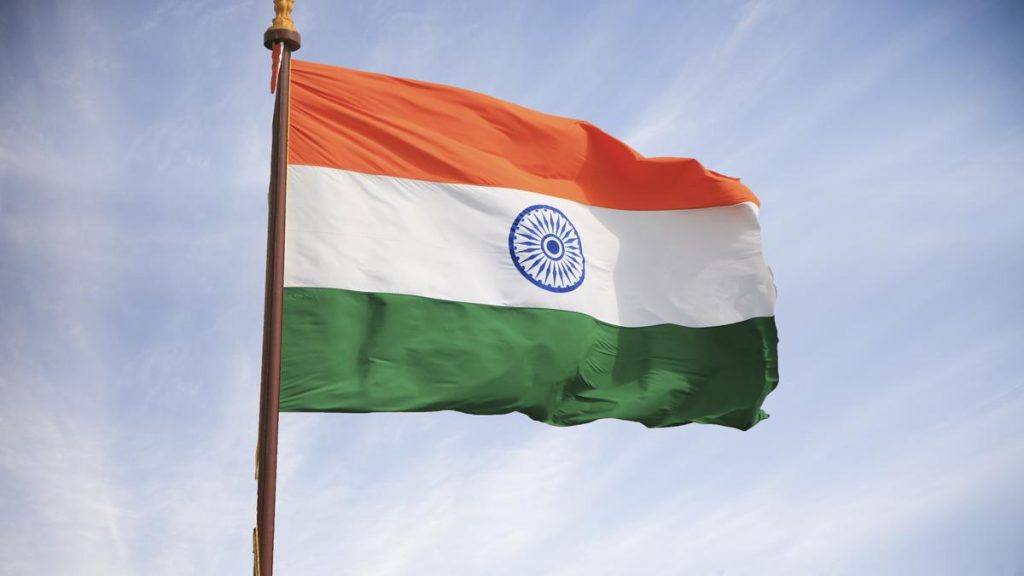Now Reading: Can Ashwagandha Really Improve Anxiety and Sleep?
-
01
Can Ashwagandha Really Improve Anxiety and Sleep?
Can Ashwagandha Really Improve Anxiety and Sleep?

speedy Summary
- Ashwagandha Overview: Ashwagandha, a plant used in customary Indian medicine for thousands of years, has gained global popularity for its stress-reducing and sleep-enhancing effects.It is indeed classified as an adaptogen, helping the body adapt to stress.
- Scientific Research: Limited studies indicate ashwagandha may reduce cortisol levels and improve stress,anxiety,fatigue,and sleep. However,most trials are small-scale and lack definitive evidence.
- Mechanism: Early research suggests compounds like withanolides modulate the hypothalamic-pituitary-adrenal (HPA) axis to reduce chronic stress responses. It may also impact brain pathways involving GABA chemicals that promote relaxation.
- Safety Concerns: Generally well-tolerated over short durations but may cause mild side effects such as nausea or drowsiness. Caution is advised for people with thyroid conditions or during pregnancy due to potential adverse effects on hormones.
- international Action: Denmark banned ashwagandha in 2023 over concerns about hormonal disruption and other risks including rare liver issues reported from some supplements.
- Supplement Quality: Experts emphasize choosing brands verified by third-party testing due to variation in potency and purity across supplements.
- Recommendations: While doses between 300-600 mg of standardized root extract show promise for generalized anxiety disorder per task force guidelines, healthcare oversight is essential due to limited data on long-term use.
Image Included:
!Ashwagandha Plant
Indian Opinion Analysis
Ashwagandha’s growing international profile underscores India’s influence in propagating Ayurvedic medicinal practices globally. While promising research highlights benefits like reduced stress and improved sleep quality tied to this ancient herb, the scientific underpinnings remain incomplete. The article points out challenges such as small sample sizes in trials or inconsistent supplement formulations-issues that could slow standardization efforts or regulatory acceptance worldwide.
India might see opportunities via targeted investment into scientific studies validating traditional remedies while addressing safety protocols rigorously. Furthermore, consumer awareness about supplement regulations could prove strategic; brands ensuring third-party testing can bolster credibility both domestically and export markets.Overall societal importance lies not just in promoting holistic health solutions but preserving cultural heritage responsibly amid rising scrutiny-even instances like Denmark’s ban reflect a need for balanced advocacy rooted firmly within rigorous science-based approaches rather than anecdotal trends alone.
























